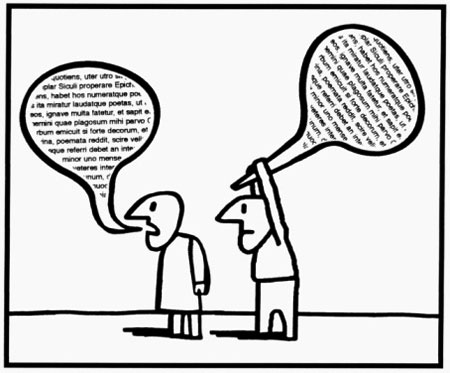My Marlboro moment
If you grew up in a smoking household back in the 1950s, you probably experimented with cigarettes on the sly. I know I did, in elementary school.
- Read more about My Marlboro moment
- Log in or register to post comments
My blog represents my personal experiences and perspectives. This includes many anecdotes from my life and from my medical practice. I have been scrupulous to anonymize all medical anecdotes and to avoid ever belittling or making fun of patients. (I often make fun of and criticize myself, my colleagues, and the institutions where I have worked.)
If you grew up in a smoking household back in the 1950s, you probably experimented with cigarettes on the sly. I know I did, in elementary school.
The bottleneck is always the top of the bottle.
- Peter Drucker

The message on my door was: “Mrs. Grantham wants biopsy report sent to dermatologist. None in her chart.”
"The aim of argument and of discussion, should not be victory, but progress."
- Joseph Joubert

We have met the enemy...
Recent events and commentary have led me to revisit and reprocess my personal experience of being the target of sexual harassment, something I have not spoken of for a quarter century.
I sigh every time I see the common but sadly truncated quote from Rilke “And now we welcome the new year, full of things that have never been.” It leaves so much unsaid.
The magic of poetry is that it simultaneously helps us remember what we experience and experience what we remember.